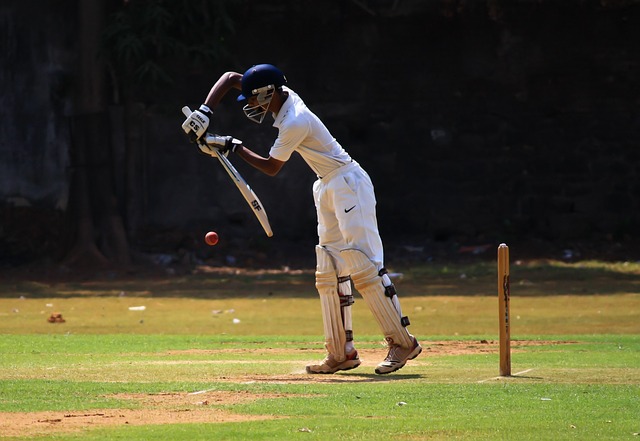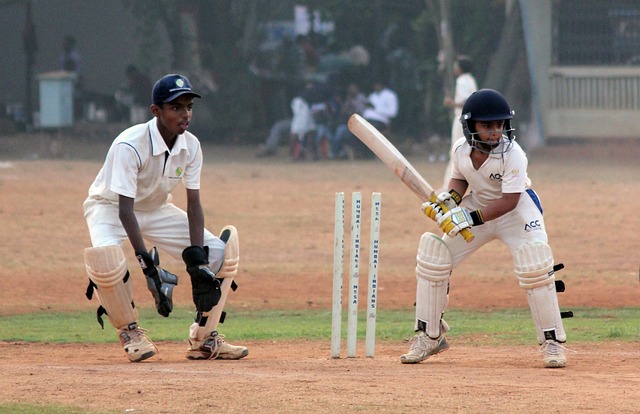A pistol shot in the silence of dawn, swords crossing under the gray sky of an autumn afternoon: Duels were not only confrontations of strength or skill, but also stages for games of chance where high bets were placed, sometimes with life itself hanging in the balance. Each duel, a fiery fusion of fate and calculation, offered spectators not only a spectacle of courage but also the opportunity to bet on the outcome, a practice that, as happens with an online bet, opened up a world of possible gain or loss.
The Weehawken Drama: The Fate of Hamilton and Burr
On July 11, 1804, Alexander Hamilton and Aaron Burr met on the dueling grounds of Weehawken, New Jersey, to resolve a conflict that had gone beyond political rivalry. This duel, which ended with Hamilton’s death, was surrounded by an aura of feverish gambling. Spectators, many of them political and social colleagues, had placed copious wagers not only on the outcome of the duel but also on its future political implications, thus weaving the threads of personal and national destiny into one tragic web.
Blood and Nobility: The French Code of Honor

In 17th-century France, dueling was as much a matter of reputation as it was a deadly challenge. Nobles and military men, following a strict code of honor, challenged each other to prove their integrity or to settle disagreements. The audience, often other nobles, would bet on the duelists’ skills, with the stakes often including lands, titles, and large sums of money. Each duel reflected a microcosm of power and prestige, with winners and losers often redefining their lives based on the outcome of the clash.
Naval conflicts: the theater of maritime betting
Naval battles, duels between giants of wood and canvas on the open sea, also became occasions for daring bets. During the age of sail, merchants and commoners alike would often place bets on the outcomes of these maritime conflicts, turning every café and salon into a place of conjecture and games of chance. These bets not only reflected individual hopes and fears but also the collective perception of military strategy and naval power.
The stakes: betting in literary duels

In 19th-century literature, duels were not only dramatic plots but often also scenes of hidden bets. In works such as Tomasi di Lampedusa’s “The Leopard,” duels between Sicilian nobles were not only matters of honor but also opportunities for spectators to bet on the outcomes. These episodes reflect a historical reality in which society, fascinated by the spectacle of direct confrontation, saw duels as an opportunity for veiled games of chance, where men’s fates became spectacle and entertainment for an audience eager for strong emotions.
These fragments of history reveal to us how deeply human lives and their fates have been tied to betting, with each duel not only a test of courage but also an arena for games of chance, where men’s fortunes were often left in the hands of those who watched, anxiously waiting to see how fate would play its cards.
